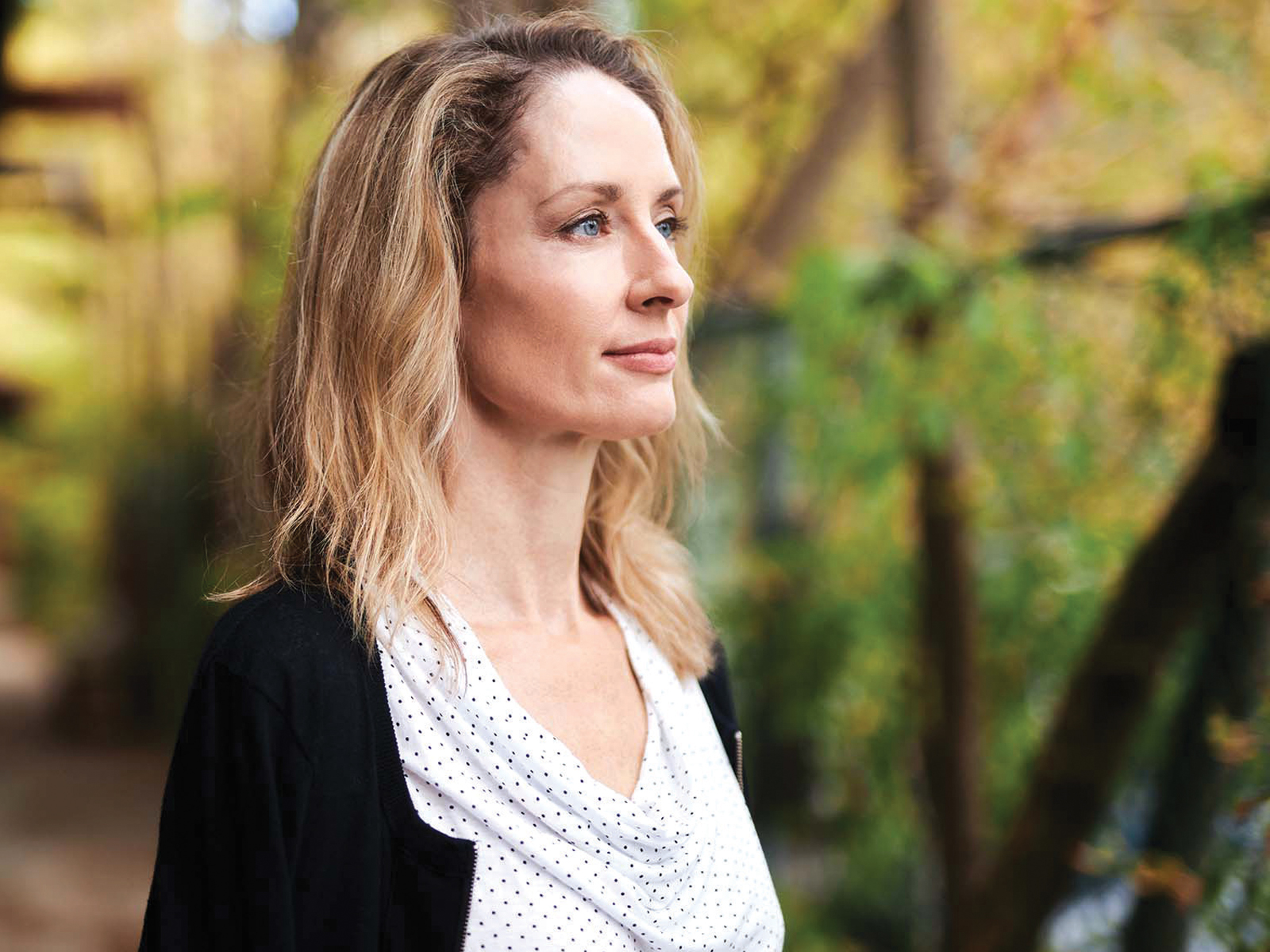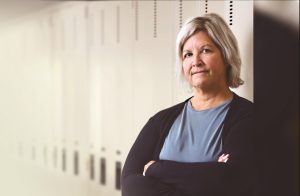Dr. Clare Atzema worries about people with heart disease and cardiovascular risk factors who do not get the care they need. It is a problem she is been working on solving, with research funds from Heart & Stroke donors. And now it is a problem that COVID-19 has made even more urgent.
A specialist who works regular shifts in the emergency department at Toronto’s Sunnybrook Health Sciences Centre, Atzema is also investigating better ways to get people back to their primary health care providers for the right follow-up care for cardiovascular conditions including heart failure, high blood pressure and atrial fibrillation, a kind of irregular heartbeat.
In early 2020, Dr. Atzema was leading two large studies to find ways to keep people out of hospital, prevent heart attacks and strokes and save lives. Then came the pandemic. Suddenly, the emergency department was empty, except for people with COVID-19 and a few cancer patients. While Atzema worked grueling hours her research studies were put on hold.
With her expertise in preventing and treating blood clots caused by atrial fibrillation she quickly developed a study to test the effectiveness of blood thinners on preventing clots in people with COVID-19 and a second project to look at the cardiovascular impact of long COVID, symptoms. However, her biggest concern was for those with cardiovascular disease who were staying away from emergency. “Where were the heart failure patients? And the heart attacks?” Without timely treatment, they could end up in much worse condition. Sure enough, when COVID numbers subsided, people who had been afraid to come to emergency started to appear again. “People hadn’t seen their primary care provider, or anybody, and the wheels have fallen off,” says Atzema. Subsequently, she now expects worse outcomes for many with cardiovascular conditions like high blood pressure, atrial fibrillation and heart failure as she brings here earlier and more recent studies to the finish line.














